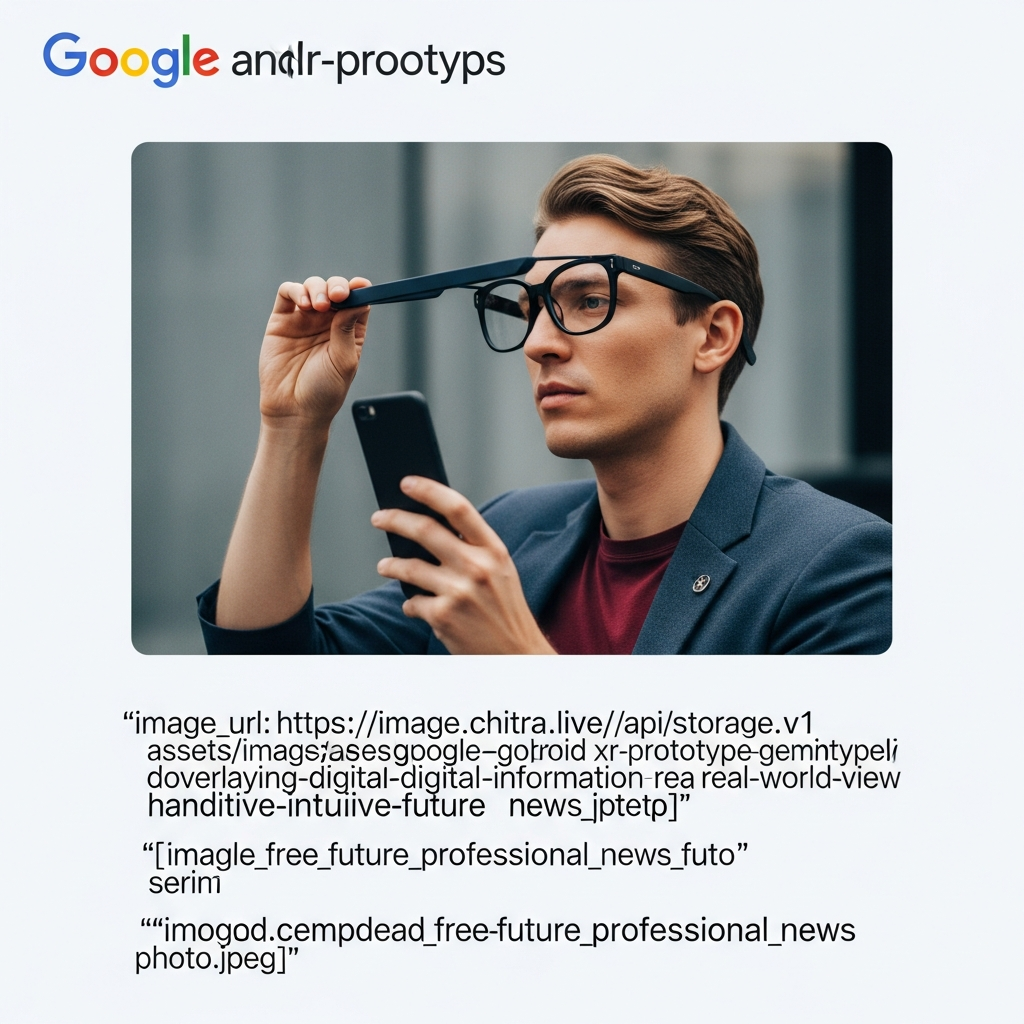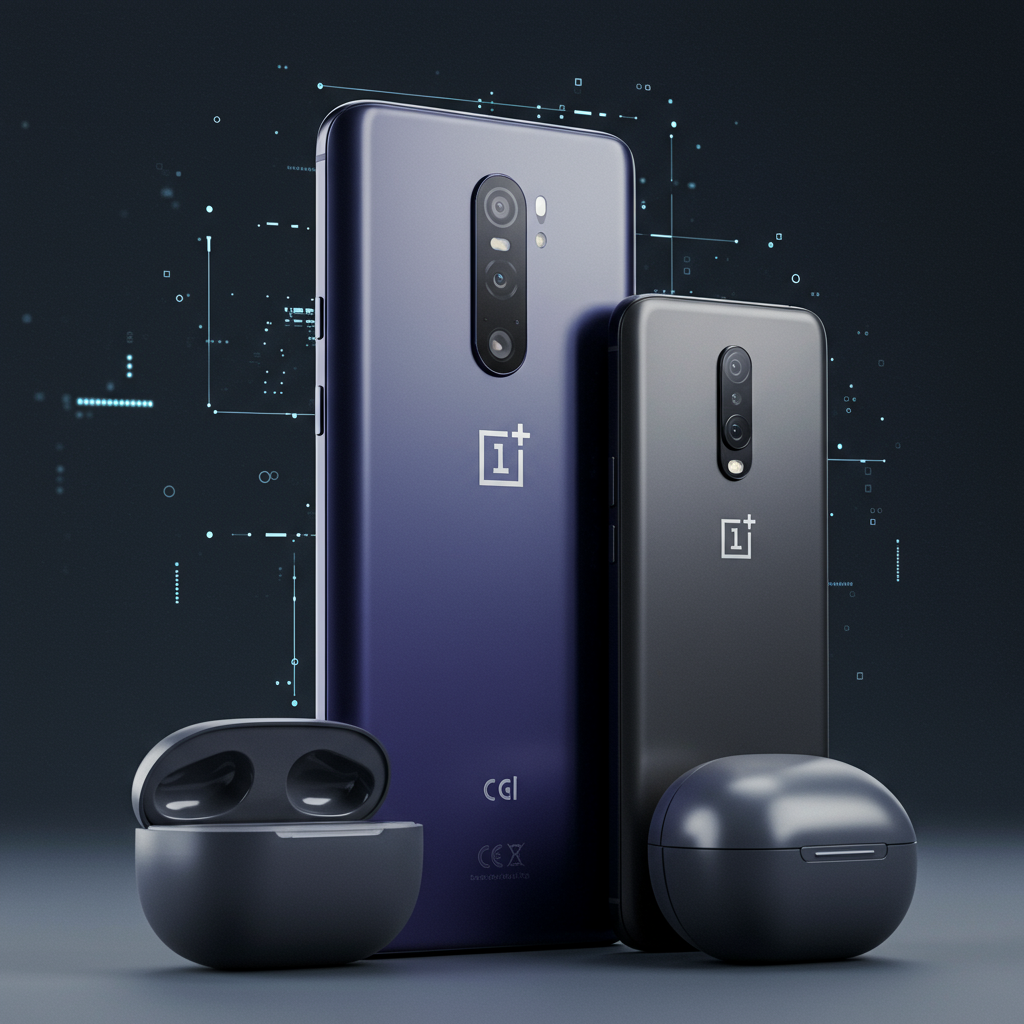A new artificial intelligence darling is shaking up Silicon Valley, attracting massive investment and buzz: Perplexity AI. Fresh off a May 2025 funding round that valued the company at a staggering $14 billion—a sharp leap from its $9 billion valuation just months earlier in December 2024—the startup is being positioned by some as a revolutionary challenge to Google’s entrenched search dominance. Backed by notable investors including Jeff Bezos’ family fund and Nvidia, Perplexity’s rapid ascent has even reportedly caught the eye of tech giants Meta and Apple, both said to have quietly explored potential acquisition talks.
But despite the dizzying valuation and “Google killer” label, Perplexity’s core function often boils down to summarizing web results and providing links. This discrepancy fuels intense debate: is Perplexity AI the future of search, or merely a highly polished chatbot?
What is Perplexity AI?
Perplexity bills itself as an “answer engine.” Instead of returning a list of links like traditional search, you ask it a question, and it uses large language models (LLMs) to generate a human-sounding summary. These answers come complete with citations, linking back to the original sources like Wikipedia, news articles, or online forums.
The appeal for users is a cleaner, seemingly ad-free experience focused on direct answers, bypassing Search Engine Optimization (SEO) clutter and endless scrolling. Founded in 2022 by Aravind Srinivas (an IIT Madras alum with prior experience at Google DeepMind, OpenAI, and Google Brain), Andy Konwinski, Johnny Ho, and Denis Yarats, the company aims to refine the search process itself, even assisting users in clarifying their queries.
Beyond its core answer engine, Perplexity has also begun exploring other generative AI applications. For example, it recently launched a text-to-video generation feature available through its @AskPerplexity account on X (formerly Twitter), allowing users to create short videos with audio from text prompts or animate static images. This feature has sparked viral experimentation, particularly among “Desi Netizens,” although it has shown limitations in generating certain types of sensitive or specific content.
The $14 Billion Question: Hype or Substance?
Perplexity’s soaring valuation is undeniable proof of market excitement, fueled by its fast growth and popularity among tech influencers. The company now offers a Chrome extension, mobile app, and a Pro version providing access to advanced AI models like GPT-4 and Claude.
However, skeptics argue the hype significantly outpaces the underlying substance. They contend that Perplexity is essentially a sophisticated interface or “wrapper” built around existing technologies, largely relying on APIs from companies like Google and OpenAI. Critics claim the platform has minimal proprietary core technology and primarily just reorganizes publicly available information from the internet rather than building new infrastructure or training its own foundational AI models. While fast and slick, they argue its core innovation is more about presentation than fundamental technological advancement.
Why Big Tech is Circling
The intense interest from major players like Meta and Apple isn’t solely about Perplexity’s current technology; it’s largely strategic. For companies increasingly wary of their reliance on Google, Perplexity represents a potential fast track into the burgeoning AI search race.
Reports indicate that Meta, led by Mark Zuckerberg, actively explored acquiring Perplexity before making a substantial $14.3 billion investment for a 49% stake in the data-labeling company Scale AI. Although Meta and Perplexity couldn’t reach an agreement on the acquisition, Meta reportedly also attempted to recruit Perplexity CEO Aravind Srinivas for its new “superintelligence” team. This aggressive pursuit, combined with offering highly lucrative compensation packages to lure top AI talent from across the industry (including researchers who reportedly declined $100 million bonuses from Meta), highlights Zuckerberg’s push to accelerate Meta’s AI progress through a combination of deals and talent acquisition. Apple has also held separate talks about acquiring Perplexity.
For Meta and Apple, snapping up a high-profile, fast-growing entity seen as a disruptive threat to Google could jumpstart their ambitions in the AI-powered discovery space and reduce their dependence on Google’s search ecosystem.
Content Controversy and Criticisms
Amidst the hype, Perplexity faces significant controversy regarding how it sources information. Several prominent news organizations, including The New York Times, Forbes, Wired, and the BBC, have publicly accused the company of plagiarism and scraping their content without adequate permission or attribution.
Specifically, accusations include Forbes alleging content theft in June 2024, the New York Post issuing a cease and desist notice in October 2024 over similar claims, and a Wired investigation in June 2024 reportedly revealing Perplexity did not respect standard robots.txt protocols, suggesting potentially illegitimate scraping practices. Publishers warn that Perplexity’s model threatens to cannibalize traffic vital for their survival while giving little back to the content creators.
Perplexity CEO Aravind Srinivas has defended the company as an “aggregator of information.” In July 2024, the startup launched a revenue-sharing program in an effort to address the backlash, stating a belief in building a system where “the whole Internet wins.”
The Bigger Picture: The Battle for Search and AI Dominance
The “gold rush” surrounding Perplexity underscores a fundamental truth in the digital economy: search is incredibly lucrative. Google earned a staggering $50.7 billion from search ads in the first quarter of 2025 alone, a near 10% increase year over year. The power lies not just in answering questions, but in controlling the interface users turn to for information.
Just as Google fundamentally reshaped the internet experience and displaced earlier players like Yahoo, whoever controls the next dominant discovery interface holds immense power over user behavior, data, and advertising revenue. Perplexity’s potential to disrupt Google, even if it’s currently a smaller player, is a direct threat to Google’s core business and a massive opportunity for competitors like Meta and Apple.
This strategic competition extends beyond potential acquisitions. Reports suggest that Google is even planning to cut ties with Scale AI, a key provider of data annotation services essential for training advanced AI models, reportedly because of Meta’s large investment and operational integration with the company. This move highlights the intense competitive pressures reshaping relationships and supply chains across the entire AI ecosystem, driven by rivals’ strategic plays.
Where Does Perplexity Fit?
While the Perplexity story is often framed as a potential disruption of Google Search, it also fits into a broader, evolving conversation about the future of AI. As Google DeepMind CEO Demis Hassabis and others paint ambitious pictures of artificial general intelligence (AGI) leading to a “golden era” of human flourishing and radical capabilities, Perplexity’s current reality highlights both the promise of new interaction models (like answer engines and AI-powered content generation) and the immediate, pressing challenges around business models, content ethics, and the true depth of current AI technology.
Perplexity AI’s $14 billion valuation signifies intense excitement about AI’s potential to redefine core internet services like search. Yet, its journey is complicated by valid critiques regarding its technical substance and serious concerns about its content sourcing practices. Ultimately, its success will depend not just on Big Tech’s interest or market hype, but on its ability to navigate these challenges and prove it offers genuinely unique, sustainable value in the high-stakes battle for the future of information discovery.




